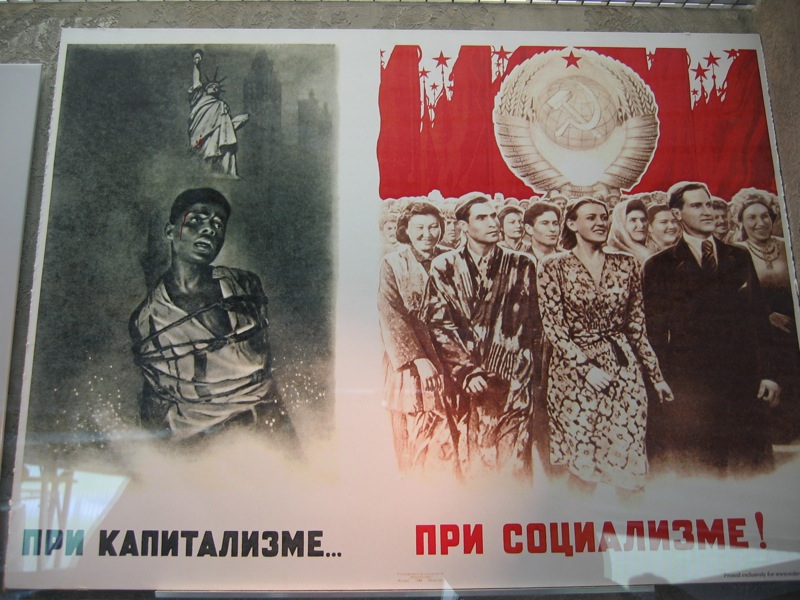Tel Aviv from the air
The domestic setting to Israeli foreign policy is often ignored internationally or at least underplayed. My PhD work is basically an argument that you can't separate domestic and international politics (although my case-study is Finland not Israel), particularly not in the globalised world, and this is as true of Israel as anywhere else. Hence what follows is my take on the discussions and briefings we had with policymakers, academics, journalists and others on my recent visit to Israel.
The Israeli economy is hugely successful with growth being driven by high-technology industries, in which the IDF has cleverly involved itself. But this is leading to what a number of speakers called the core-periphery issue (and this is clearly seen by both the left and right) in which certain sectors of Israeli society have missed the high-tech boat and are now being left ever further behind. The periphery has ethnic, religious and geographical aspects to it. A major distinction within Israel is "Ashkenazi" and "Sephardi". The Ashkenazi Jews are generally those of the European descent, whilst the Sephardi are the Jews who came to Israel from the Mid-East and North Africa. Israel was predominantly formed by Ashkenazi and all of the early leaders in the Labour Party (the ruling party until 1977) were of that background. The Sephardi generally arrived in Israel later, after being thrown out of the Muslim states in response to the founding of Israel. Sephardi have seen themselves as second class citizens ever since and remain on average poorer and less educated. The town of Sderot, infamous for being the target of Qassam rocket attacks from the Gaza strip, is a particularly working-class, Sephardi town. Many there say that if it was a rich, white suburb of Jerusalem or Tel Aviv getting rocketed daily, there is no way the government would put up with it. The mayor of Gush Etzion, the settlement we visited in the West Bank not far from Jerusalem, held very similar views saying that the security issues they faced were mishandled by the government because they don’t care about the poor and the rural. The other major ethnic distinction to economic marginalisation is the “Soviet” Jews who emigrated mainly after 1990, and now make up a sixth of the population. Integration has not been wholly successful - as the recent arrest of a “Nazi” gang, made up of Russian-Israeli youths, suggests.
The religious division in the economy affects firstly the Israeli Arabs who face many problems in the technology industries because they can’t get security clearances. This is partly said to be straight prejudice from some parts of the Jewish majority, and partly to do with many of them using the Arab exemption from military service. Secondly, the orthodox and ultra-orthodox Jews do not take part in the standard state education system, and are also exempt from IDF service. The focus of their religious schools is on the Torah, with English, maths and sciences taking a back seat. This badly prepares orthodox children for taking part in the modern economy leading to economic marginalisation. Oddly, the argument has parallels to that over the Madrassas in Pakistan. At the same time the Orthodox Jews have large families, so this sector of society is becoming demographically more significant.
The political system is currently partially paralyzed, with increasingly unwieldy coalitions having to be formed as proportional representation produces an ever more diverse and fractured polity. The three biggest parties in the Knesset: Labour, Likud and Kadema still do not command a majority even if all vote together. So whilst the marginalized groups fail economically, they remain very influential politically as governments need them in coalitions. This makes the direction of Israeli politics very hard to predict. It also mean that the people of the Israel no longer wholly share its founding premises and experiences. For example the Holocaust was central to the creation of the Jewish state, but this was to a great extent an Ashkenazi experience. The Jews of Yemen or of Iran were little affected by it, yet they now are part of the state that came out of that tragedy. The rise of Likud in the late 1970s was directly related to the support of the Sephardi community, after the post-Independence hegemony of the Labour and the Ashkenazi community, and brought with it a different world-view.
Whilst these important questions of identity and political structure remain unresolved it is not clear what will happen next in the Middle East Peace Process. We were told that last year’s war was fought by Olmert with one eye on Lebanon and the other on the stock exchange - waiting for global markets to tell him when he had to stop because Israel could not handle a collapse in confidence in the economy. The Israelis have long said that they don’t have a partner to talk to with the Palestinians, but to me it isn’t completely apparent who the Israeli partner is either. Until there is a more stable governing-coalition that isn't forced into adopting lowest common denominator policies to pacify such disparate parties within it, the future is far from clear. The next prime minister is likely to be Netanyahu or Barak, both of whom are not likely to have radical new thinking from their first attempts at power in the 1990s. And beyond the peace process, no one really seemed to know what to do about Hezbollah, let alone Iran.

















